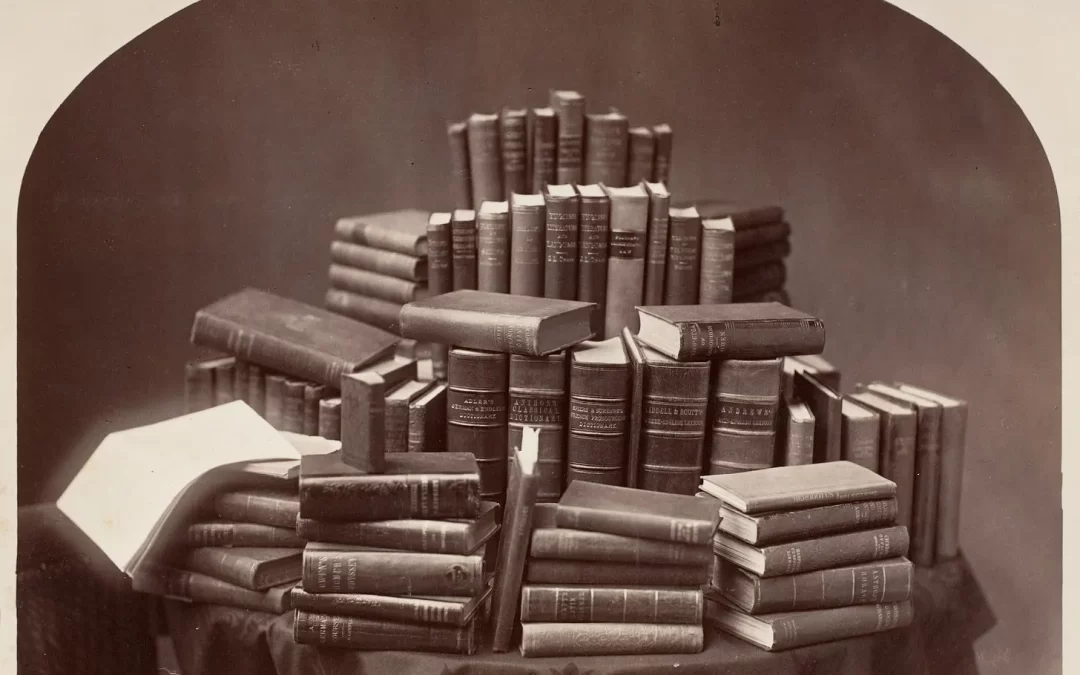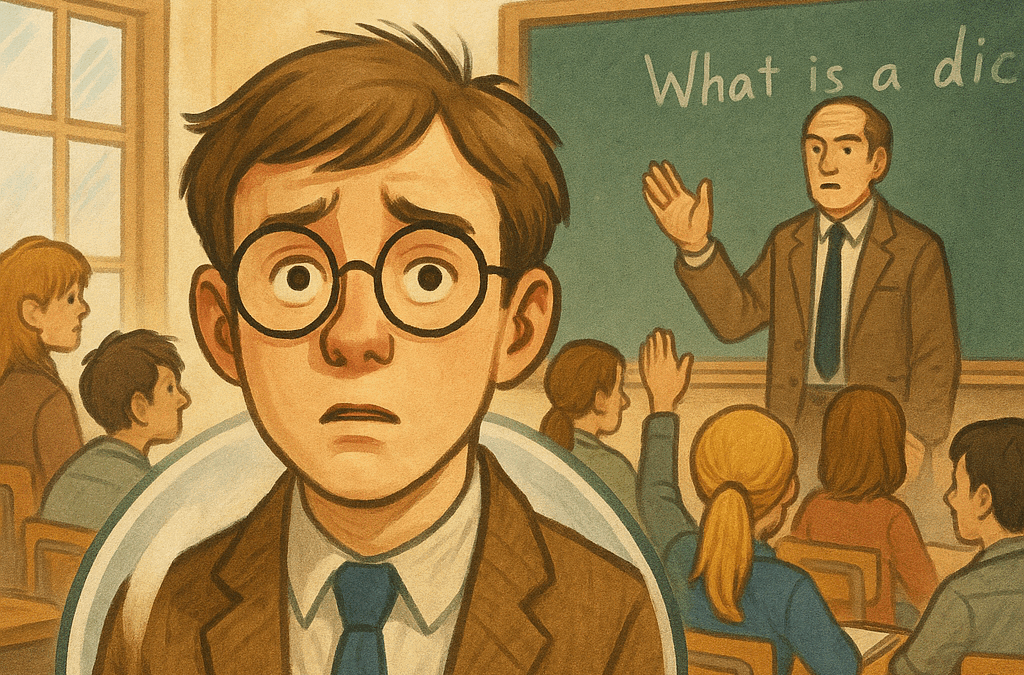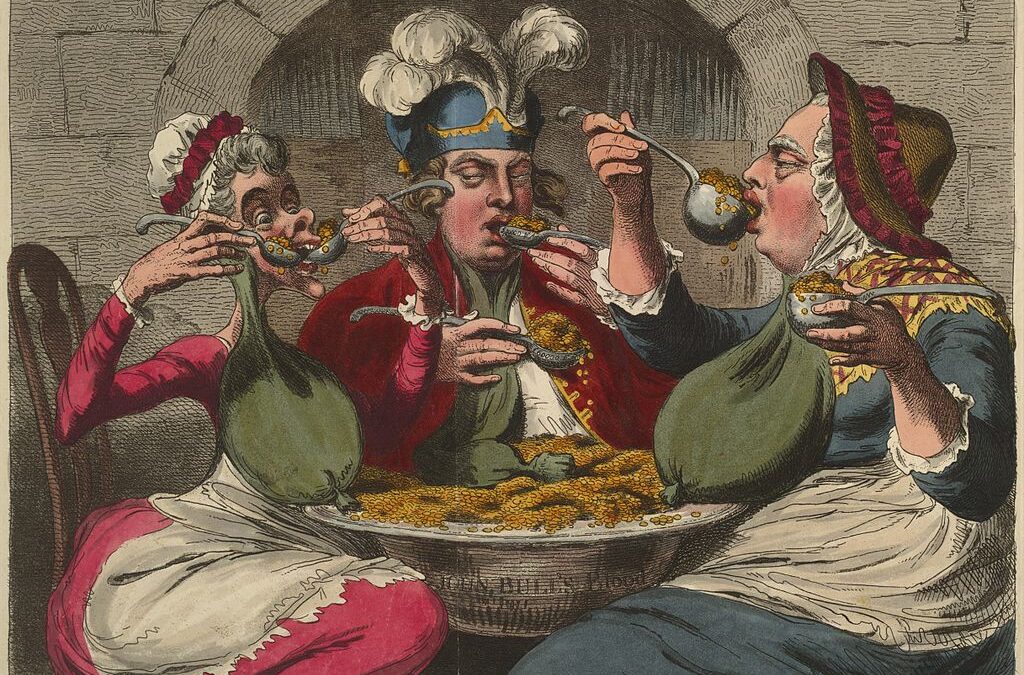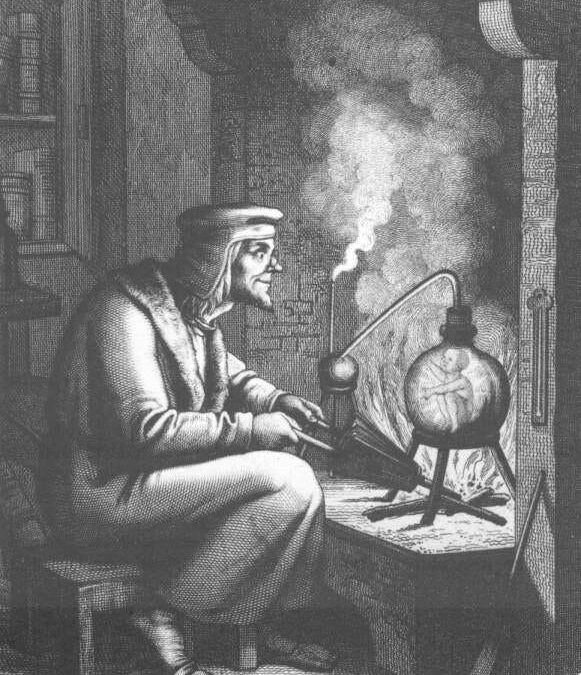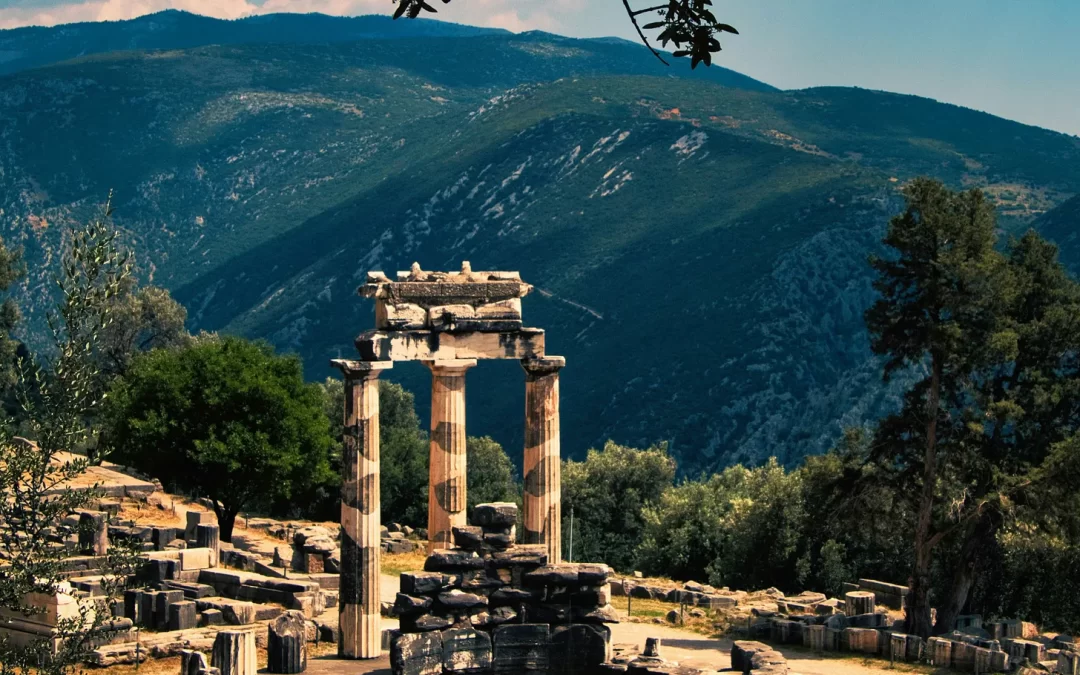The past is another country. They do things differently there.
– L.P. Hartley, The Go-Between
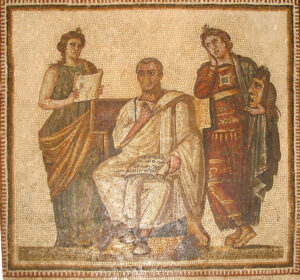
(A mosaic from Hadrumetum, in Tunisia, an important pre-Carthage Phoenician city, which depicts Aeneas surrounded by Clio, (history), and Melpomene (tragedy). This choice is a further irony in that Aeneas is noted for being dutiful, a man who respects tradition, who seeks to return to the land the Trojans had left. Deviancy in moral behaviour was anathema to Aeneas – editor).
C.F. King, B. A. (Oxon.) put down his teacup in the Headmaster’s study and asked of the masters departing for afternoon classes, ‘Would there be any objection to my taking Marshall major out of prep this afternoon? His grammar is in dire need of a brush-up, so I thought I’d give him a few pointers, knock some urgency into him with exams coming up and all. Roger? Any from you?’ Colonel Roger Ogilvy, late of the King’s African Rifles, knocked his pipe out on the fender and growled, ‘Good God, no! Boy’s a dunce at algebra anyway. Same goes for his geometry and arithmetic. He’d only waste his time in prep daydreaming or writing stories, or some such damn nonsense. Take him and make something of him if you can.’
Paul Hardy, at the door, felt compelled to defend Colin Marshall. ‘He’s very good at history and English, you know…’
‘Yes, yes, ’course he is.’ This from the colonel. ‘But he’s a dope at maths. Doesn’t even try.’
‘Headmaster?’
‘Yes, of course, King,’ The Head, preoccupied with some matter on his desk, waved him away.
When the gong sounded the end of the last class, and the beginning of the tea break before prep, a horde of boys clumped boisterously down the echoing staircase in search of sustenance. Mr. King drew Colin Marshall aside, knowing full well that when presented with the choice between going to study hall to work on algebra, or keeping him company at a Latin tutorial, the boy would choose the lesser of the two evils, and this proved to be the case.
‘Oh, sir! Yes, please. I know my Latin needs work,’ he admitted, crestfallen.
‘On your bike, then. Literally. You’ll need permission from Mr. Turner to miss prep.’
‘But you said you’d cleared it with Col. Ogilvy, sir…’
‘Yes, yes, boy, to miss algebra, but you know what a stickler Mr. Turner is for attendance in study hall, and he’s the supervisor today. He’s just back from taking the First Eleven to Radley Court, so he’s probably putting the van in the shed. If you hurry, you’ll catch him there.’
Colin did not see why he had to cycle over to the boarding school half a mile away when Mr. Turner was due to arrive at the day school to supervise prep at any moment now, but recalling his mother’s line from Tennyson, ‘Ours not to reason why,’ he set off down Sacketts Lane, his open school blazer flapping in the wind of his passage.
Mr. King, in the meantime, got ready to receive him in the little flat he and his family occupied in the former servants’ quarters of the day school building. Originally a country house of some distinction that had proved too expensive for its widowed owner to maintain, the school building had lent itself naturally to conversion to a boys’ private preparatory school for children of the uneasy middle class of moderate means anxious to secure entry for their sons to a suitable Public School, that misnomer in those days for the golden key to social mobility for the aspirant classes. At the age of thirteen, candidates for admission to these private schools for the moneyed elite had to pass the national Common Entrance examination held every year. While the boys dreaded the exams, most of their parents dreaded the writing of the impressive cheques that would keep them there once they passed. Some eighty boys were currently preparing for this eventuality at Foxe Hall Preparatory Day School, with a further one hundred and twenty enrolled in the larger boarding school nearby. Upstairs, six bedrooms made six classrooms of various sizes. The impressive study hall with its marble fireplace had once been a ballroom-sized reception room. Morning prayers were held in the entrance hall below the panelled staircase, and the servants’ quarters were easily adapted for the King family’s use. Baby Malcolm King was asleep in his cot, while Anna and her mother were shopping in London and due to arrive by the 5:15 pm train. Mr. King had promised to pick them up in the family’s elderly Ford Anglia. Prep began at 4:15 and ended at 5 o’clock, which gave him adequate time to help Colin. He chose a passage on Aeneas and Dido from the primer, as this tended to give boys confidence to tackle the inevitable drudgery of conjugating and declining. Besides, it told a story. He stroked the family tabby Cleopatra absently with his free hand. All was in order.
As he waited for Colin to return, he reflected on his career in schoolmastering. His parents had hoped he would become a banker like his brothers, but he had chosen the path less travelled by. Had it made any difference? At thirty-two, married, and with ten years’ exemplary service to Foxe Hall, and the only Oxford graduate on staff, he was the likely successor to the departing Head, who was returning to the family farm in Norfolk. The school was prospering. It had even had to turn away prospective pupils last term– ‘oversubscribed’ was the Head’s word for such a happy state of affairs. Mr. King chuckled at the memory of his brother’s foolish prediction that Latin was a doomed school subject. Sebastian had advised him to ‘invest in Science.’ What nonsense! The Empire and Commonwealth had been built by administrators who had all, like himself, studied classical Greek and Latin at Oxford. What better preparation could one have for all the vicissitudes of modern life? Yes, all was very much in order.
Abruptly Colin entered the sitting-room through the open door without knocking, his face shining with exertion. A most attractive face the lad had when flushed, thought King. A guileless, open face. A healthy athletic physique, too: he had the makings of a fine rugby player.
‘I brought my books with me, sir,’ he said.
‘Good lad. Sit down in the comfy chair and open your primer to page 43. Would you like some tea?’
‘No, thank you, sir. I’m not thirsty. Really.’ This last was in response to a raised eyebrow.
‘After all that running about, I’m surprised. But I’ll take some more myself, and I think we’ll shut out all that commotion in the corridor.’ He closed the door and took his seat beside Colin, cup in hand.
The first few lines presented no difficulty. Perhaps, thought Colin, he doesn’t remember we did part of this last week in class. Colin had a good memory, and rattled off what he remembered. But once on unfamiliar ground, his uncertain grasp of the subject became evident, and he floundered helplessly, his initial enthusiasm for the project rapidly evaporating. Eventually he stopped, his cheery face a picture of gloom.
‘ “ Sed Aeneas, septimo anno itineris longi, ad litora Africae pervenit. Ibi erat novum oppidum, Carthago nomine, cuius regina erat Dido,’” read Mr. King, persisting.
‘But Aeneas…who was seven years long…’ began Colin miserably.
‘How can someone be seven years long? What does ‘itineris’ mean?’
‘Itinerary?’
‘That English word is derived from it, yes, but the nominative is ‘iter,’ a journey.’
‘Oh, the journey… to Africa… was seven years long. Oh, took seven years.’
‘Yes, that’s it! Mr. King tousled Colin’s hair and smiled at his anxious perspiring face.
‘Now, “ad litora Africae”? “Pervenit?”
‘To Africa. What’s ‘litora’?
‘Shores. Aeneas arrived– pervenit– on the Afric shore, to put it more poetically.’ Mr. King, impatient to move more quickly, helped him with the next sentence. ‘In that place, there was a new city called Carthage, whose queen was Dido.’
Colin looked up at him gratefully. ‘I wouldn’t have got that by myself, sir,’ he said, blushing, a most becoming blush, thought King, as it set off his fair hair.
‘If you’d worked at it, Colin, you would have. That’s all you need. Do you know what Troiani are? In the next sentence?’
‘Trojans?’ Colin suspected a trick question. This was too easy. Aeneas was a Trojan.
‘And do you know what Trojans are?’
Colin’s face clouded. ‘What they are?’ he repeated, uncomprehending. Trojans were people, weren’t they?
‘Trojans are a brand of condom. What you put on your willy when it gets hard.’
Colin’s face turned scarlet. Smutty talk was the province of boys his age. It was not what adults said, and certainly not something Mr. King should have said. He looked uncertainly at him for a clue to his meaning. His teacher was not joking.
‘Does your willy get hard?’ Mr. King’s cheek had begun a curious twitching. There could be no doubt. Colin was out of his depth. He was in murky water.
Well, does it? There’s nothing wrong with an erection. We all get them all the time. Especially at your age.’ He leaned towards Colin. His hand was on Colin’s knee.
‘Dido is like dildo, which is an artificial willy. It’s always hard.’ Confused and terrified, Colin saw that he had voluntarily walked into a trap. He was alone in his teacher’s lair, with a closed door promising secrecy. He should have been doing algebra with the others…
‘Are you old enough to… produce something? I know you know what I mean.’
To this insinuation, Colin nodded reluctantly, unhappily, in shame and humiliation. He was a truthful boy, but his heart was pounding as he instinctively placed his hand on his shorts to block his teacher’s larger, hairy hand, which had insinuated itself stealthily under the corduroy. That far and no farther, resolved Colin, looking wildly around the room, as if expecting the furniture to come to his aid. It did not occur to him to shout or to bolt.
King was aroused. His words came out thickly, effortfully, as if from someone else.
‘Are you excited now? I am.’ In response, Colin clamped both hands on his shorts to resist the pressure advancing inexorably up his leg.
‘Let me see your willy.’
‘No.’
A sigh. The quivering in King’s cheek stopped. He removed his hand. This boy’s will was unexpectedly strong. He had not encountered such resistance before. He cleared his throat in an eerie silence. He saw suddenly beyond his self-deception to consider years of work placed in jeopardy, and knew he was beaten. Under his breath, inaudible to the boy, he hissed, ‘Stalemate.’ Then, to Colin, ‘I trust you will continue to work hard on your Latin. Common Entrance is only weeks away. And, Marshall, remember this: our tutorial session today is our secret. I need not tell you that what happened here must go no further. Do you understand?’
‘Yes, sir. Of course not, sir. Thank you, sir.’ Gathering his books, Colin scrambled for the door, discovering to his great relief that it opened easily. He fled from the hothouse of the flat to the cool sanctuary of the bike shed, where he was overjoyed to see his friend Moncrieff, a small, dark serious Shetland islander, adjusting his cycle clips.
‘Hullo. Where did you come from? Prep’s been over for ages.’
“Let’s go. I have to tell you something.’
They rode together homeward, Colin confiding in breathless snatches what King had tried to do to him as they pedalled furiously down Hollybank Road. Niall Moncrieff, a churchgoing Methodist, seemed oddly unperturbed, but it had not happened to him, reflected Colin later. For the victim, it was a watershed. An hour before, all had been childhood Eden without the serpent; inconsequential larking about, indifferent application to study, self-discipline, and responsibility. In a moment, it seemed, the adult world impinged: the serpent had come with urgent, overpowering needs– a face flushed with desire and an importunate hand laid on bare flesh. Guilt at what he falsely imagined to be his own role in his seduction assailed Colin. He suspected, as his classmates had, that Mr. King had eavesdropped on the boys’ hushed and confused confabulations on the mysteries of puberty. Now he knew why. Had these inflamed the man’s lust?
Neither boy thought of confiding in his parents. School continued as it had, with Common Entrance drawing ominously closer all the time. Mr. King kept his distance. At a Scouts meeting at the boarding school a few weeks later, ‘Hairy’ Haslam, a Sixth Form boarder with a moustache, told the troop that King was notorious for his ‘bedroom visits’ in their dormitory, laughing them off, it seemed to Colin, as a harmless eccentricity. Mystified, Colin was forced to assume that this was part of the mysterious process of ‘growing up’ he had heard so much about in whispers, nods and nudges. These boarders were, after all, older than he was by a year or two, or at least, they looked to be. Either that, or it was bravado born of living away from the comforts and safety of home. Colin shuddered. He thanked his lucky stars he still lived at home where he was safe.
All of this happened long before the sexual revolution, long before pedophile priests became an embarrassment to the Vatican, and even before Colin’s family emigrated, leaving their dream of Public School for their son stillborn. In another country, years later, Colin had long since reconciled himself to his experience, but once, in his early twenties, in a rare moment of familial intimacy, he had told his parents about Mr. King’s ‘tutorial.’ His father, grim-faced, said he would write to the school. This man needed to be reported. The reply, he revealed a few weeks later, conveyed the disappointing disclosure that King had long since left the school, and his whereabouts were unknown. As Latin was no longer a school subject, perhaps the man’s depredations found no other victims in schools…So there the matter was allowed to rest.
It was not until long years after this that it occurred to Colin that he had never been shown his father’s letter, nor the response it allegedly evoked, which was peculiar, Colin reflected, since he had been the central figure in the drama. He wondered uneasily if his late father had simply sloughed the matter off, or had had a change of heart, a second thought, perhaps, about writing, and had broken his promise to his son. Had Colin’s own son been the victim of sexual assault, would he not have rested until justice was served, and seen to be served, and the predator punished? Despite the triumph of a dangerously permissive culture with its freer attitude to education about sex, sexual assault against minors was still a crime. A generation ago the voices of innocent victims of such assault were stifled by conventional attitudes of deference to authority, defeated by a culture of reticence that stressed discretion, by an implicit uncritical assumption of trust placed by parents in those, like teachers, coaches, Scout leaders and camp counselors, in positions of responsibility. Children were then easier prey for pedophiles. This automatic deference to authority was now long discredited, and allegations of such violations were nowadays all properly taken seriously, but was all the inevitable publicity really an improvement for the victims, who continued to suffer the lingering trauma?
It was folly, Colin concluded finally, to apply the attitudes of the present to the afflictions of the past, to judge one by the other. The past was truly another country, and they did do things differently there. It was a curious consolation, somehow, to know this.
